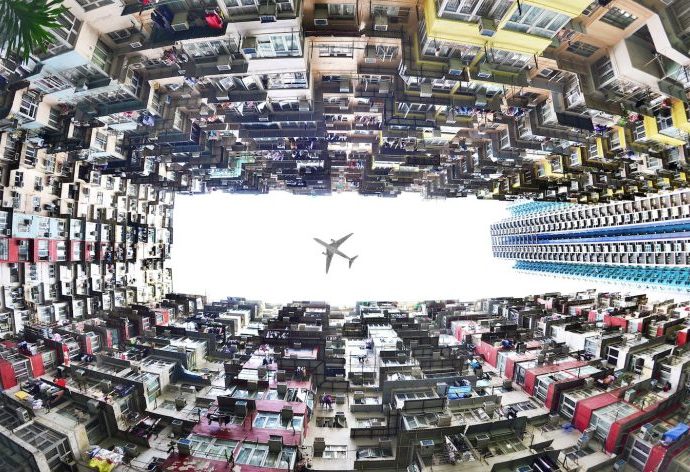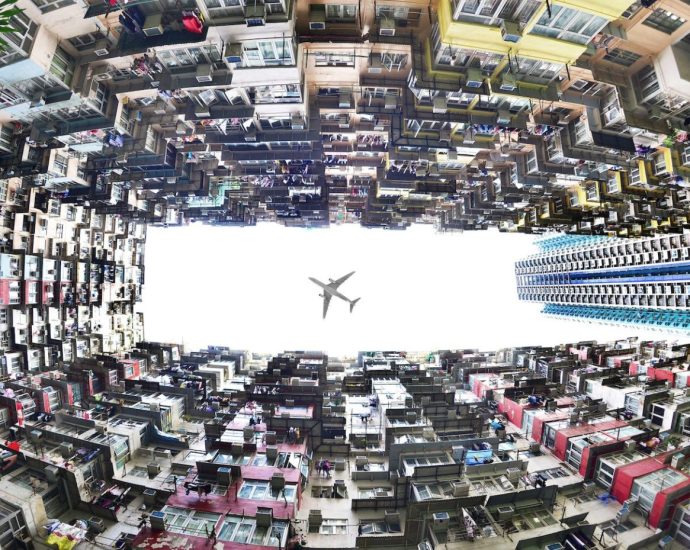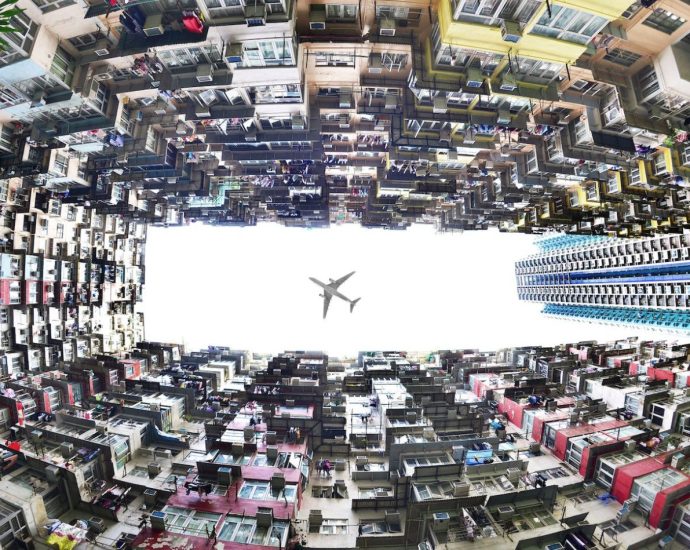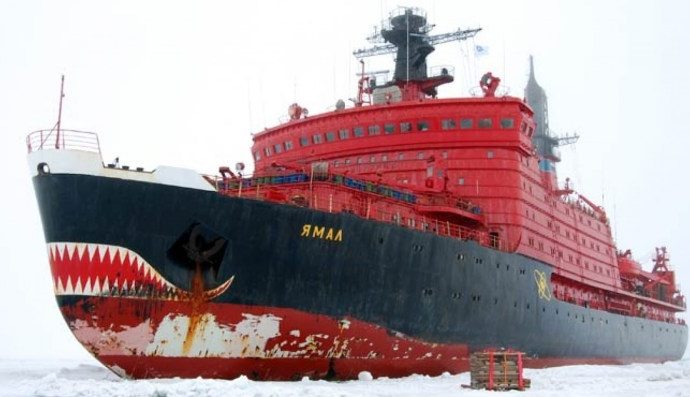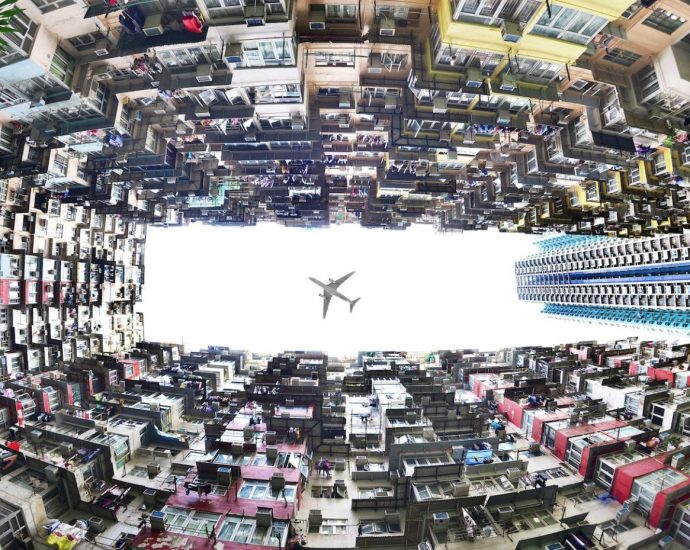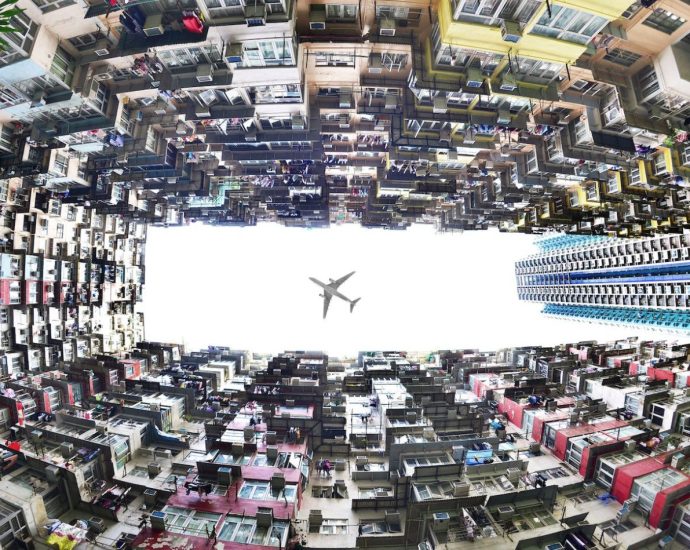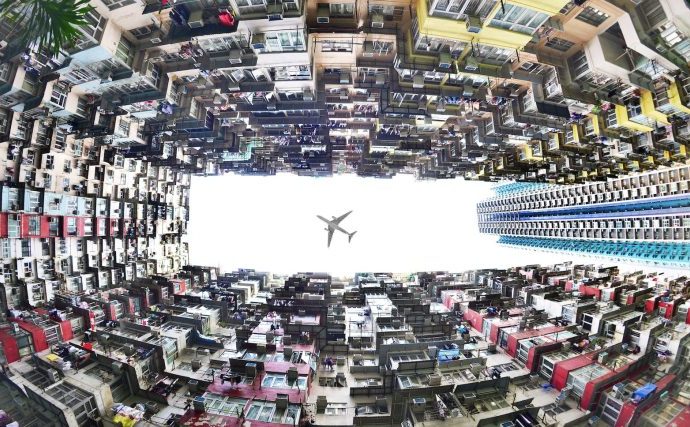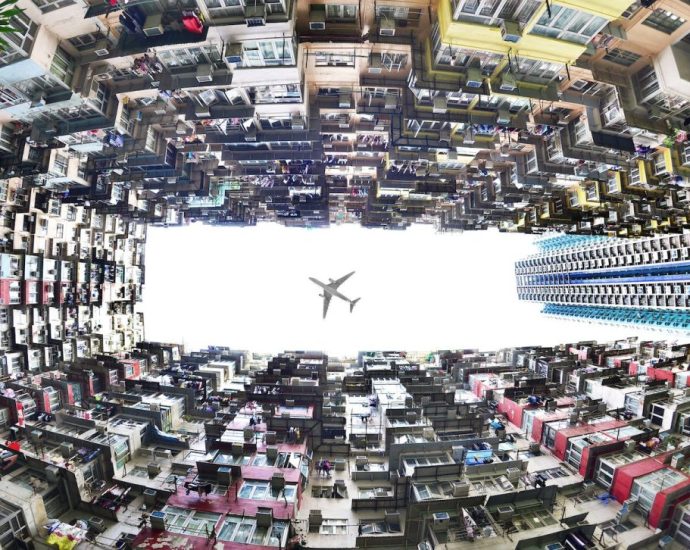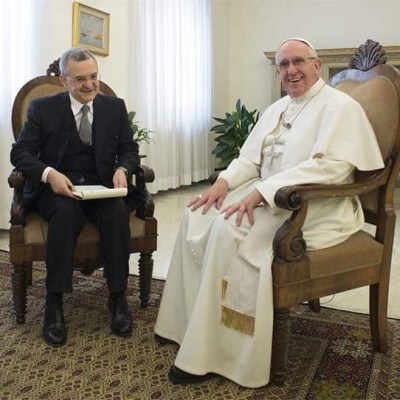Europe repositioning between US and China in new global order – Asia Times
The term that perhaps best describes the international impact of the first 100 days of Donald Trump’s second term is “disruption.”
His tariff policy, his abolition of USAID, his questioning of the transatlantic alliance, and his attempted rapprochement with Russia have neither destroyed the liberal international order nor established anything new in its place.
But the prospects of liberal internationalism under Trump are vanishingly small. And Trumpism, in the guise of an “America First” foreign policy, is likely to outlast Trump’s second term.
That the US is no longer the standard bearer of the liberal international order has been clear for some time. Trump and his Russian and Chinese counterparts, Vladimir Putin and Xi Jinping, appear to see themselves as dominant players in a new multipolar world order. But it is not clear that a grand bargain between them is possible – or that it would endure.
Europe is particularly vulnerable to these changes in the international order. Having been able to rely for the past eight decades on an iron-clad American security guarantee, European countries have chronically underinvested in their defense capabilities, especially since the end of the Cold War.
Defense spending as a proportion of GDP may have increased over the past decade, but remains lackluster. And investment in an independent European defense industrial base faces many hurdles.
These deficiencies predated Trump’s return to the White House. Addressing them will only be possible in a time frame beyond his second term. With no dependable partners left among the world’s great powers, Europe’s predicament – unenviable as it may be for the moment – nonetheless offers an opportunity for the continent to begin to stand on its own feet.
Early signs of a more independent Europe are promising. In March, the European Commission released a white paper on defense which anticipates defense investment of €800 billion ($903.5 billion) over the next four years.
The bulk of this will rely on the activation of the so-called “national escape clause”. This allows EU member states to escape penalties if they exceed the normal deficit ceiling of 3% of GDP.
Once activated for the purpose of defense spending, they can now take on additional debt of up to 1.5% of their GDP. By the end of April, 12 EU member states had already requested that the national escape clause be activated, with several more expected to follow.
Defense is clearly the most urgent problem for Europe. But it isn’t the only aspect to consider when it comes to achieving greater strategic autonomy, something that the European Union has grappled with for more than a decade. In other areas, such as trade and energy, the starting point is a very different one.
Regarding energy independence, the EU has achieved a remarkable and quick pivot away from Russia. It has just released a final plan to stop all remaining gas imports from Russia by the end of 2027.
On trade, Trump’s America First tariff policy has done significant damage to the global system. This has, in turn, created opportunities for the EU, as one of the world’s largest trading blocs, including greater cooperation with China, already one of its largest trading partners.
Complex relationships
China and the EU clearly share an interest in preserving a global trade regime from which both have benefited. But their economic interests cannot be separated easily from their geopolitical interests. So far, China has sent very mixed signals to Europe.
Beijing has, for example, proposed to lift sanctions against some members of the European Parliament who have been critical of China in a show of goodwill. But China’s support for Russia continues as well, most recently with Xi’s commitment to visit Moscow for the Victory Day parade on May 9.
Standing with Moscow may benefit Beijing in its rivalry with the US by solidifying the “no-limits partnership” that Xi and Putin announced on the eve of Russia’s full-scale invasion in February 2022. But it does little to win the EU over as a partner in defense of the open international order that Trump is trying his best to shutter.
On the contrary, in reaffirming China’s commitment to its partnership with Russia, Xi may well have lost whatever chances there were for a European realignment with China.
The complexities of the EU-China and EU-US relationships – a curious mix of rapidly shifting interests – reflect the EU’s position as the natural center of gravity of what is left of the West.
This is evident in the rapid evolution of the “coalition of the willing” in support of Ukraine, which brings together 30 countries from across the EU and NATO under French and British leadership.
Beyond Europe, Trump’s tariff policy has given plans for a strategic partnership between the EU and the Comprehensive and Progressive Agreement for Trans-Pacific Partnership (CPTPP) a new lease of life.
The CPTPP is a group of 11 Indo-Pacific countries and the UK, which joined last December. It is one of the world’s largest free trade areas, accounting for approximately 15% of global GDP.
Even without US and Chinese membership, a partnership between the EU and the CPTPP would wield significant power in the global economic system and could play a future role in shielding its members from an intensifying US-China trade war.
Limited alternatives
None of the steps taken by the EU and its partners on the continent and elsewhere require the breakdown in the transatlantic relationship that the Trump administration appears keen to engineer. But speeches by both US Vice President J.D. Vance and Secretary of State Marco Rubio were clear that America’s relationship with Europe is changing.
Washington, under its current leadership, increasingly leans towards the political forces in Europe that are opposed to the values on which the continent has been oriented since 1945. This leaves Europe few options but to seek more independence from the US.
A more independent Europe is unlikely to become a global superpower on par with the US or China. But it will be better able to hold its own in a geopolitical environment that is less based on rules and more on power.
The EU currently enjoys historically high approval ratings among its citizens – who also support more unity and a more active role for the EU in protecting them from global security risks.
It’s increasingly clear that EU leaders and their partners have a unique opportunity – and an obligation – to carve out a more secure and independent space in a hostile global environment.
Stefan Wolff is professor of international security, University of Birmingham
This article is republished from The Conversation under a Creative Commons license. Read the original article.


